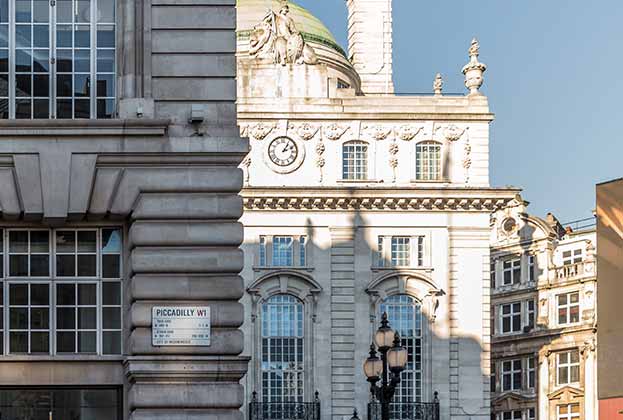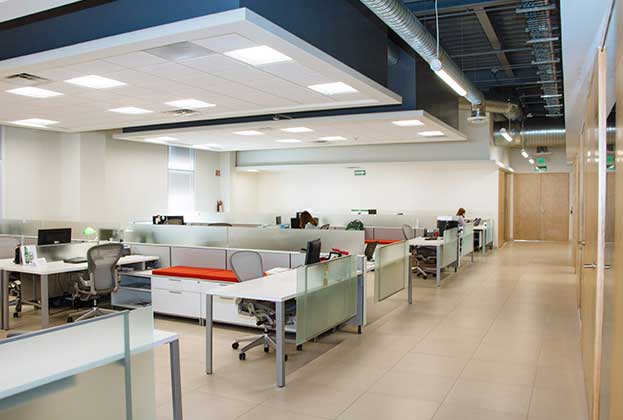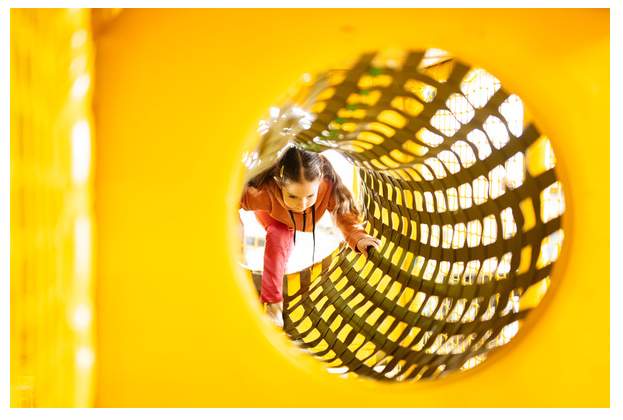The horticultural industry is used to fluctuations in weather, demand and pricing. However there is a new set of challenges on the horizon as the economic and political climate, alongside shifting consumer preferences, impact on the market.
Horticultural property is valued either on an asset basis or on a trading basis and, in this regard, issues which affect the industry and the potential profitability of the business will have a direct impact on the property value if such trends are sustained over the longer term
Business Rates
Recently some horticultural properties faced the threat of business rates for the first time. However, following a well-publicised case for Tunnel Tech, it was decided that land and buildings at plant nursery grounds will continue to benefit from the agricultural exemption to business rates.This news comes as a relief to many as profit margins will be protected and preventing a possible knock-on increase in food prices.
Technology
For most of the year, sunlight is the limiting factor for crop production as it can cause excess heat and light in glasshouses. However, in recent years there has been a rise in both research and technology to improve crop productivity and quality. Coating the glass structures can increase shading, combat excess heat and light and even enhance different parts of the light spectrum.
Horticultural Week reports that the University of California, Riverside, is undertaking an experiment building a greenhouse with a translucent roof that generates solar power as sunlight passes through to the crop.
Few, if any, such sites have sold within the UK, making it difficult to see the affect on property values on an asset basis. However, on a trading basis, once productivity levels improve and costs have dropped, this will inevitably feed into the bottom line, improving profitability and therefore the value and saleability of the asset on a trading basis.
Labour
This is another issue for owners of nurseries to get their head around: the national living wage and the industry’s reliance upon seasonal workers means that wage costs can account for up to 50 per cent of overall production costs for glasshouse owners. Any changes in this area can therefore make a substantial difference to profitability and ultimately value.
Brexit priorities
The industry sees Brexit as providing both opportunities and challenges. There will be discussion around self-sufficiency in the UK agriculture sector, increased crop prices and higher costs of exporting fresh products – all issues that will be sorted out according to the priorities of both the Government and industry but which may therefore lead to further investment within the sector.
Brexit may also prove beneficial to the horticulture sector as data from FloraHolland shows that only 10 per cent of flowers sold in the UK are home grown, the largest import market being Holland, which accounts for 62 per cent. The UK’s exit from the EU may encourage the local market and the variable exchange rates may favour home growers.
Further information
Read more: Savills Aspects of Trade 2017
(1).jpg)
.jpg)





.jpg)


